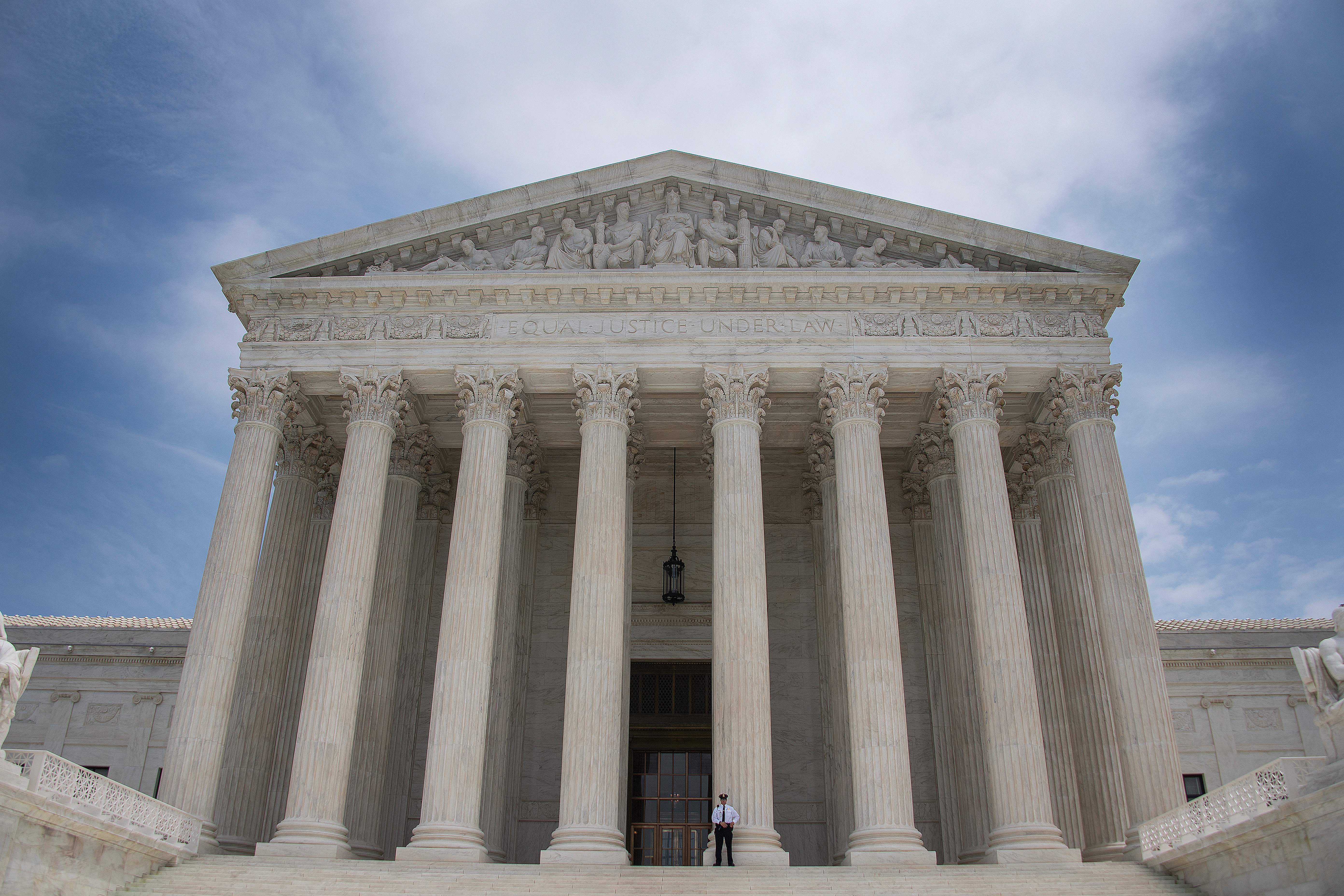Justice Elena Kagan said concerns about the politicization of the Supreme Court are “overblown” Monday night, pushing back against suggestions that the court’s increasingly conservative personnel will strain public confidence in the judiciary.
Kagan told law students Monday at the University of California, Berkeley, not to despair over current conditions, even as she agreed the high court can best maintain public trust by searching for consensus and avoiding the appearance of partisanship.
“Does the fact that we live in a polarized world increase the responsibility of the court to think about these questions, to behave in a non-polarized fashion?” Kagan said. “I think it does. I think we have to understand the world we’re living in and try, to the extent we can, to find common ground, to try to the extent that we can to reach consensus, to try to the extent we can to see how the world looks from another point of view.”
Progressive anxieties about the court’s newly entrenched conservative majority were comprehensively expressed in an amicus (or “friend of the court”) brief Democratic Sen. Sheldon Whitehouse of Rhode Island filed in a pending Second Amendment case.
Whitehouse warned that a pro-gun rights ruling could inflame the liberal court-packing push and broadly accused the conservative justices of skirting neutral jurisdictional and procedural rules to deliver victories for Republican political interests. The filing met a cool reception among left-leaning judicial observers as it was widely condemned on the right. (RELATED: President Trump Has Made Some Real Progress Changing The 9th Circuit)

The U.S. Supreme Court is seen on June 15, 2017. (Jim Watson/AFP/Getty Images)
Yet those criticisms are not quite borne out by the court’s 2018-2019 term. Though the justices divided 5-4 in 17 of cases, 10 of those decisions featured a majority of four liberals and one conservative. Indeed, every justice in the court’s conservative bloc formed a 5-4 majority with their liberal colleagues at least once. By contrast, the conservative justices stuck together to form a majority in seven cases.
As a general proposition, many of the court’s cases are decided with a high degree of agreement, while contentious 5-4 cases make up a comparatively small amount of its work. In that last two terms, about 40% of the Supreme Court’s cases were decided unanimously, and majorities of at least seven decided over half.
Yet the court’s upcoming term could strain its vaunted collegiality, with a docket heavy on politically salient topics. In the coming months, the justices will consider President Donald Trump’s power to terminate the Deferred Action for Childhood Arrivals (DACA) program, New York City’s firearms transportation regulations, and whether a federal civil rights law covers LGBT workers.
The justices will begin hearing cases after a summer hiatus on Oct. 7.
All content created by the Daily Caller News Foundation, an independent and nonpartisan newswire service, is available without charge to any legitimate news publisher that can provide a large audience. All republished articles must include our logo, our reporter’s byline and their DCNF affiliation. For any questions about our guidelines or partnering with us, please contact licensing@dailycallernewsfoundation.org.












